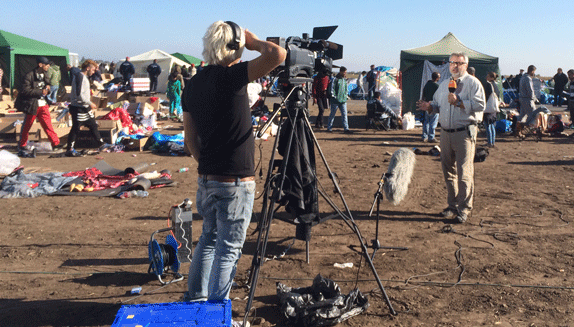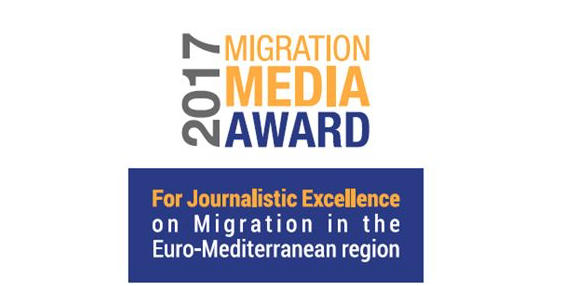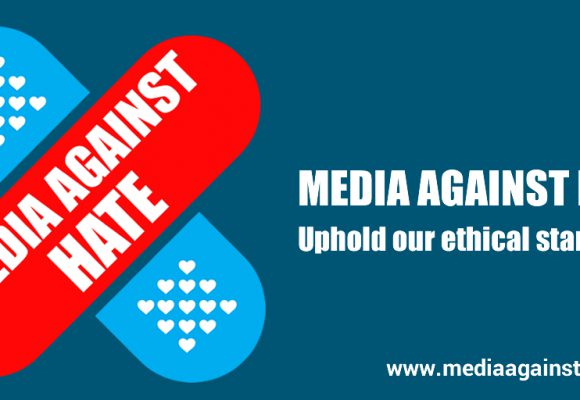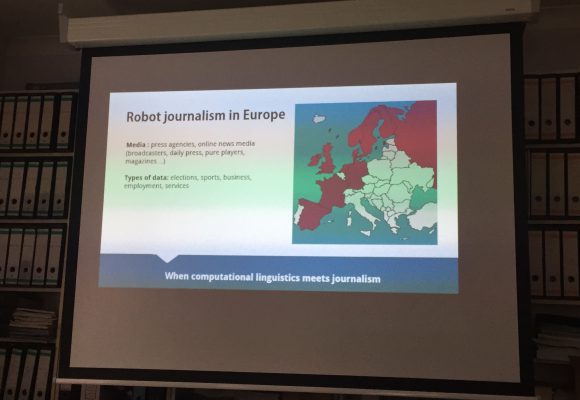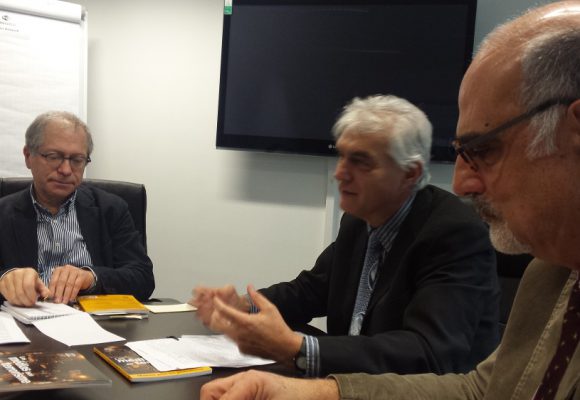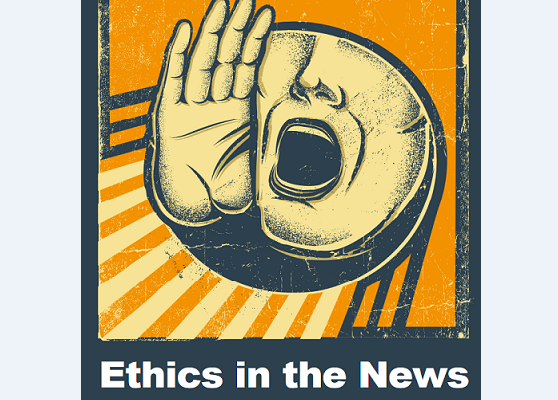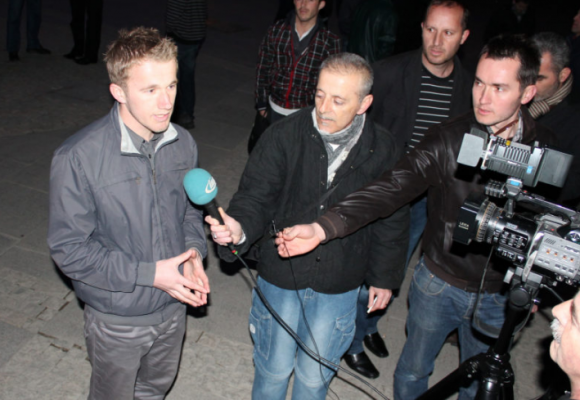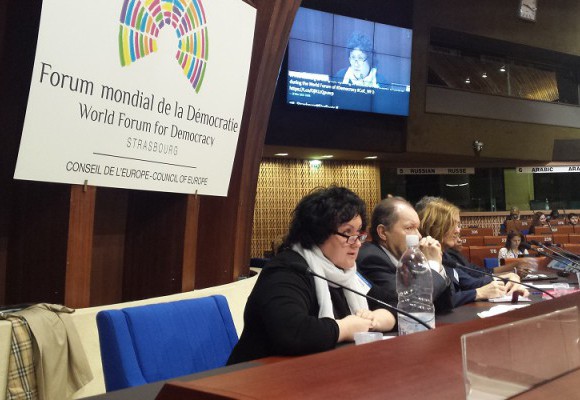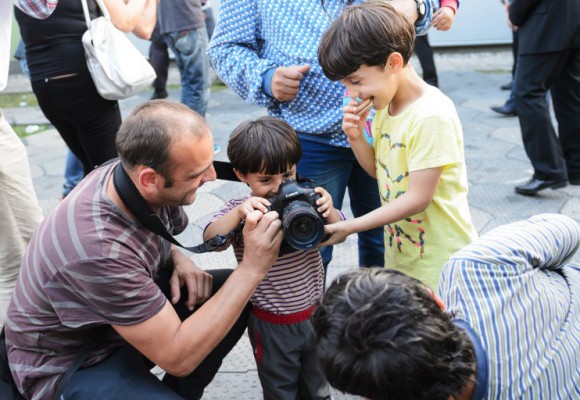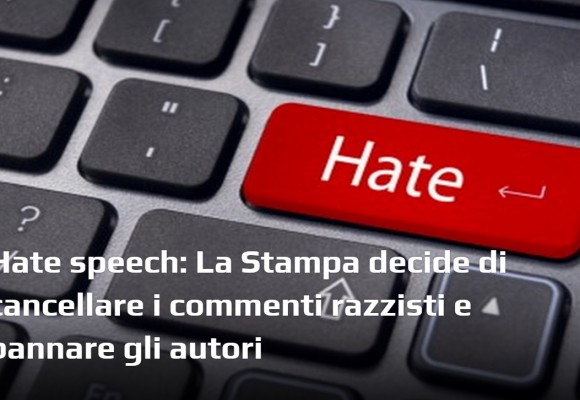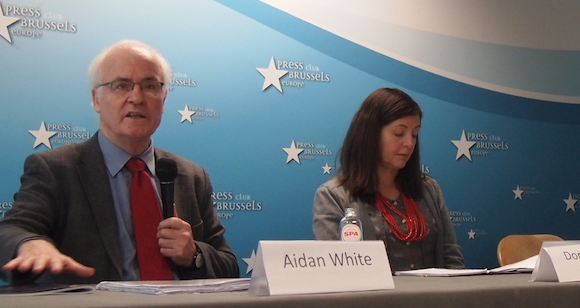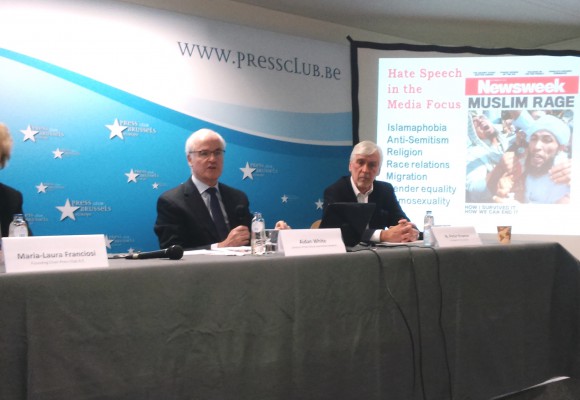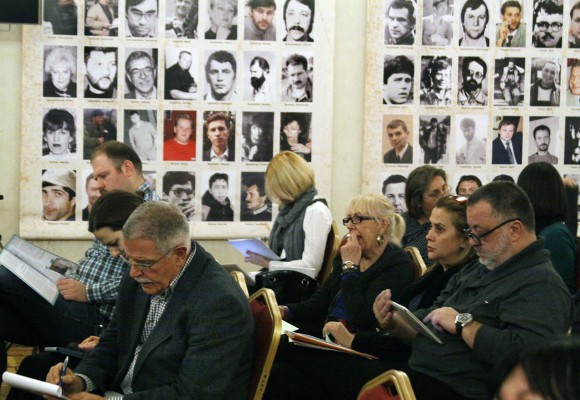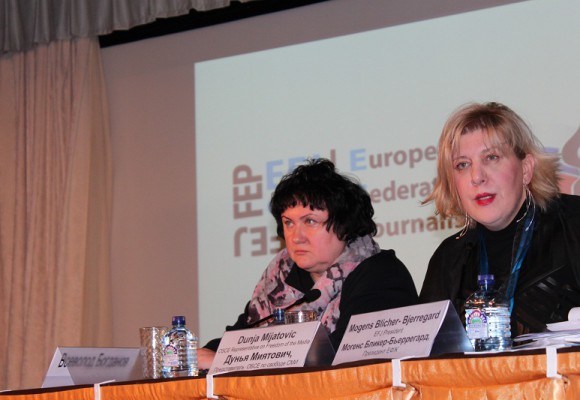The European Federation of Journalists (EFJ) has today (16/03/2015) attended at the Press Club Brussels the presentation of a new report called Untold Stories – How Corruption and Conflicts of Interests Stalk the Newsroom published by the Ethical Journalism Network (EJN), a global coalition of 50 journalism and media support groups, including the EFJ. The EJN published report is gathering data and stories from distinguished journalists from 18 countries representative of different regions (Western Balkans, Colombia, Denmark, Egypt, India, Malaysia, Mexico, Nigeria, Philippines, Turkey, UK and Ukraine) that exposes how media managers are doing “deals” with advertisers to carry paid-for material disguised as news, how…

